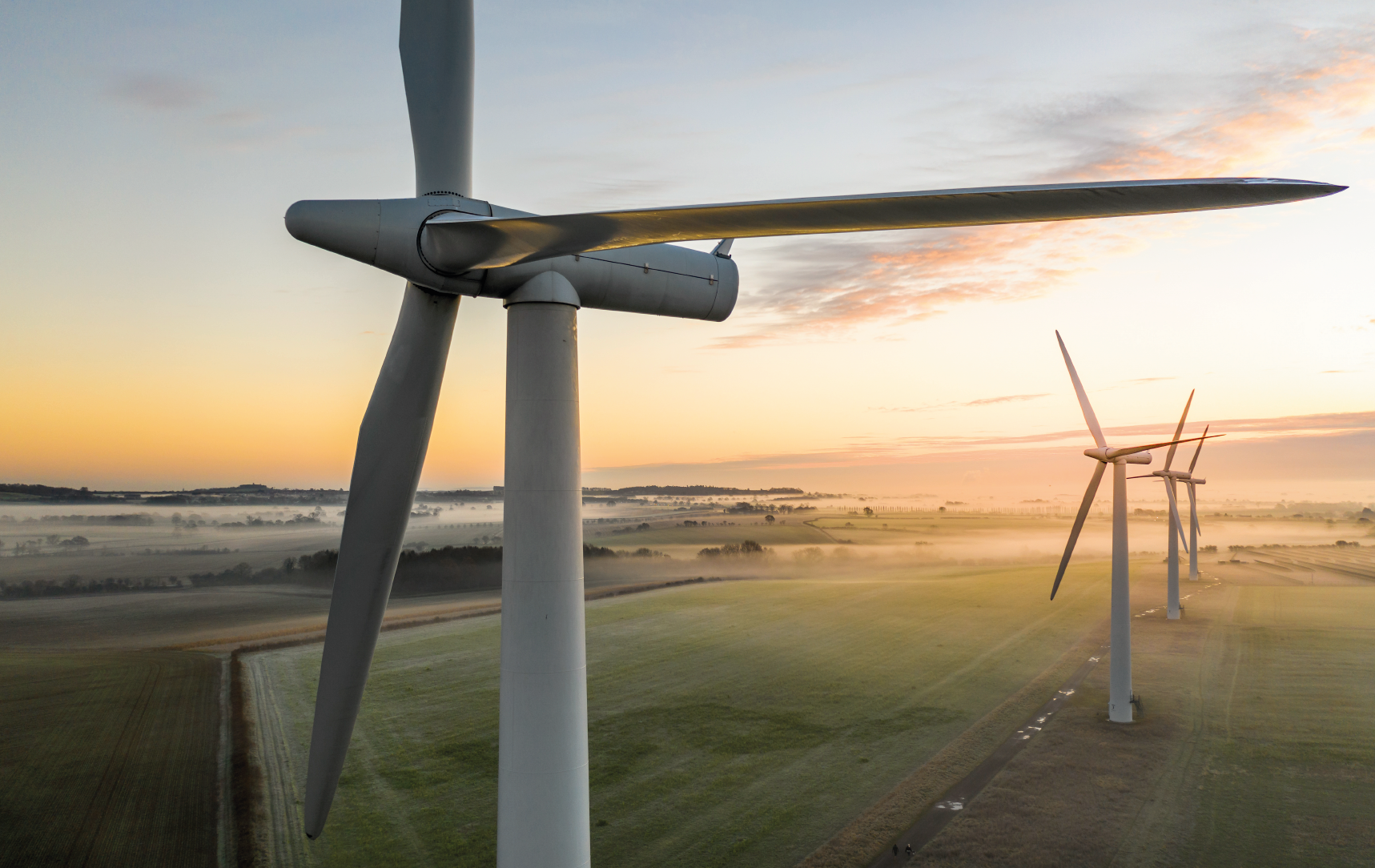There has never been so much public interest in the adoption of renewable energy.
Renewable energy has been on the rise for a while, but events this year have made industries regard renewable energy with greater urgency.
Russia’s war in Ukraine has put pressure on the European energy market, which was already strained as demand rose amid short supplies as countries recovered from the pandemic.
The resulting rise in energy prices has caused great concern for UK businesses and households, contributing to a cost of living crisis. Meanwhile, the national grid has warned of possible blackouts over winter due to energy shortages
At the same time, we have seen an unprecedented rise in climate activism following extreme climate projections in 2021, with protesters calling to halt the production of new fossil fuels.
So with concerns growing about energy costs, supply shortages, reliance on Russian imports, and environmental impact, people are more eager to invest in the solution to these problems, which can be found in renewable energy.
What are businesses doing?
In response to these growing pressures, businesses are making efforts to be more sustainable.
Many of the most innovative companies have already adopted renewable energy to safe-guard their future. Renewable energy is power collected from natural sources that replenish themselves and can’t be depleted. Common sources of renewable energy include solar, wind, biogas, biomass, geothermal energy, low impact hydroelectricity, and wave and tidal power.
Investing in renewable energy, materials and technologies reduces your overall carbon footprint, reducing businesses’ reliance on finite and increasingly-expensive fossil fuels.
Other companies are using carbon offset to reduce their overall carbon footprint, or simply making efforts to make their energy use more efficient.
Companies like Google, Microsoft, Apple, Intel, Microsoft, Adobe and Sony use renewable energy including wind and solar power. Google has been carbon neutral since 2007, and Microsoft since 2012 from a combination of renewable energy and carbon offset . Both companies aspire to be carbon negative in the coming decade.
These are only the most well-publicised examples of companies embracing renewables. On a slightly smaller scale, medium sized companies across many different industries have made steps to become more sustainable, realising they have much to benefit from investing in sustainability.
According to Deloitte’s 2022 CxO Sustainability Report:
- 67% of companies have started using more sustainable materials, such as recycled materials and lower-emitting products.
- 66% are working to increase their energy efficiency.
- 57% are also providing employee training on climate change/climate action.
This report shows that sustainability is not just a buzzword in CSR policies or a priority for giant billion dollar companies but increasingly a priority for companies of all sizes wishing to stay competitive.
What are the benefits of businesses making use of renewable energy sources?
Investing in renewable energy comes with a number of benefits. By definition, renewable energy is self-replenishing. Unlike fossil fuels, renewable energy will never run out. This means that as well as benefits with public and investor relations and employee engagement, investment in renewables and sustainability will lower costs over time and exempt businesses from climate change levies.
Some benefits of renewable energy include:
- Lower energy bills
- Consistent energy supply
- Less risk of service disruption
- Exemption from paying duty under the climate change levy tax
- Improved reputation among partners and suppliers
- Boost with public and investor relations
- Adherence with corporate social responsibility targets
How can you move towards renewable energy resources?
With the world inevitably moving towards renewable energy, many businesses want to start making the most of the many benefits renewable energy offers.
If you want to move towards renewable energy you should focus on the following:
- Producing and using energy more efficiently
- Integrating renewable energy
- Offsetting carbon emissions
As you transition to more efficient energy sources, it is essential to ensure that systems and equipment are reliable and can deal with challenging environments.
At AGMA, our specialised solutions are formulated to help you achieve the best possible results when engineering and manufacturing within renewable industries.
Our renewable range will help your industry meet regulations, and accelerate the transition into more sustainable energy sources.


